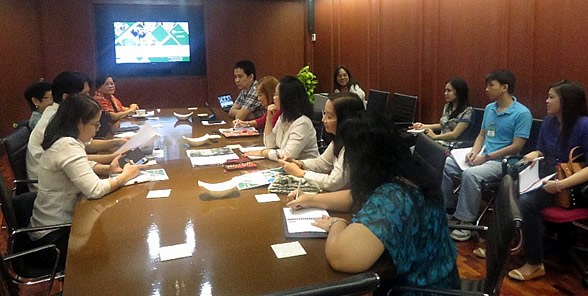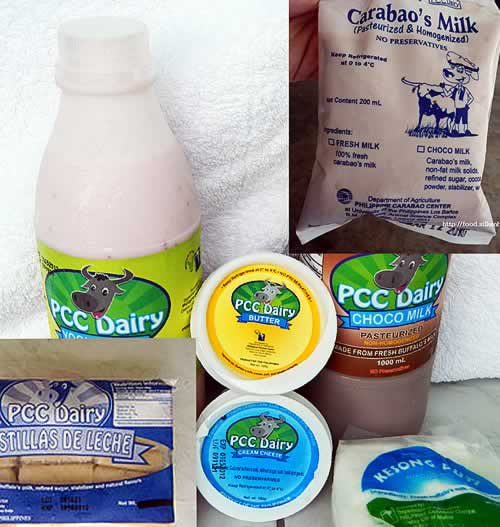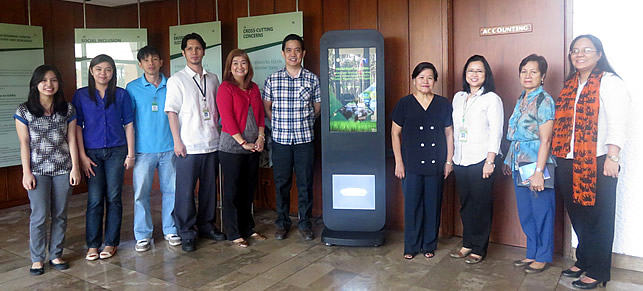 Carabao production can be integrated into conventional farming systems, but the potential for draft and milk and meat production has not been fully utilized. Hence, the project will also analyze the market and market opportunities of carabao products including market standards and requirements. Poor reproductive capacity of the animal, low productivity, high mortality rate, and poor marketing are causing the decline of carabao production in the Philippines. Therefore, an overview of the entire industry in the Philippines including local production levels, production systems and trends, from national, regional, and provincial levels will be described.
Carabao production can be integrated into conventional farming systems, but the potential for draft and milk and meat production has not been fully utilized. Hence, the project will also analyze the market and market opportunities of carabao products including market standards and requirements. Poor reproductive capacity of the animal, low productivity, high mortality rate, and poor marketing are causing the decline of carabao production in the Philippines. Therefore, an overview of the entire industry in the Philippines including local production levels, production systems and trends, from national, regional, and provincial levels will be described.
Further, in line with SEARCA’s thrust of promoting inclusive and sustainable agricultural and rural development initiatives, the project will identify the constraints and opportunities faced by the value chain players by function and segment, and find ways towards achieving inclusiveness in the value-addition activities along the chain. This is also expected to aid in the provision of specific policy directions and strategies to improve the carabao industry in general, and the specific value chains in particular.
 SEARCA will examine existing carabao supply and value-added chains in Ilocos (R-I), Cagayan Valley (R-II), Central Luzon (R-III), and CALABARZON (R-IVA). The project started in January 2015 and is expected to run until December 2015. It is led by Dr. Flordeliza A. Lantican, renowned agricultural economist with distinct specialization in agricultural marketing and price analysis, and former Dean of College of Economics and Management of the University of the Philippines Los Baños (CEM-UPLB). (Henry M. Custodio)
SEARCA will examine existing carabao supply and value-added chains in Ilocos (R-I), Cagayan Valley (R-II), Central Luzon (R-III), and CALABARZON (R-IVA). The project started in January 2015 and is expected to run until December 2015. It is led by Dr. Flordeliza A. Lantican, renowned agricultural economist with distinct specialization in agricultural marketing and price analysis, and former Dean of College of Economics and Management of the University of the Philippines Los Baños (CEM-UPLB). (Henry M. Custodio)
